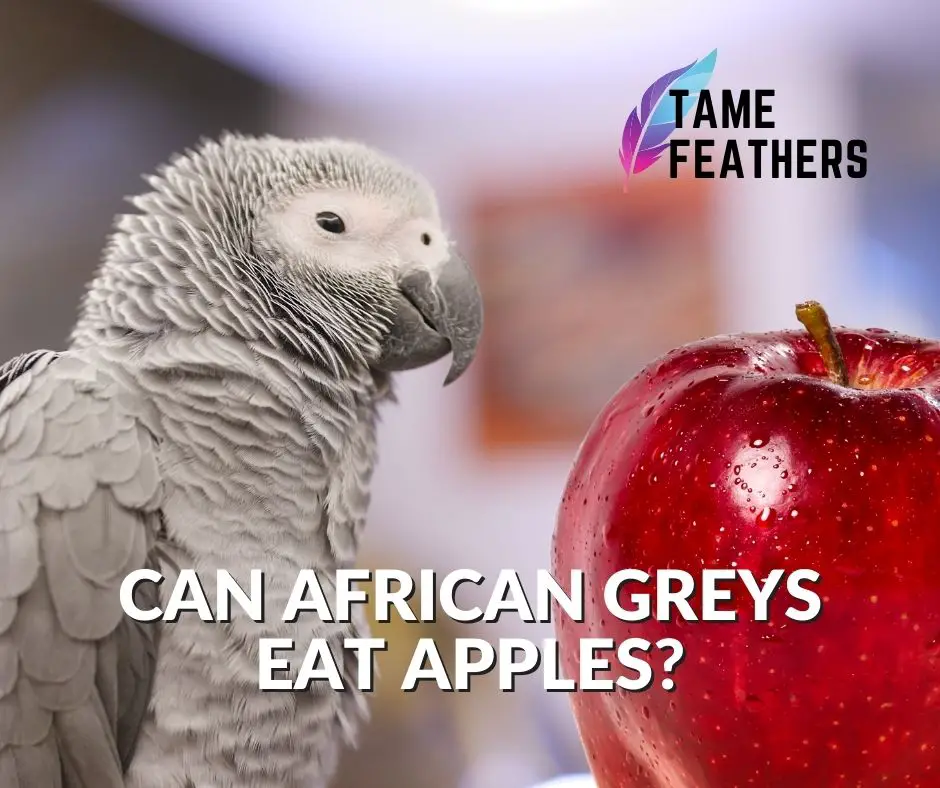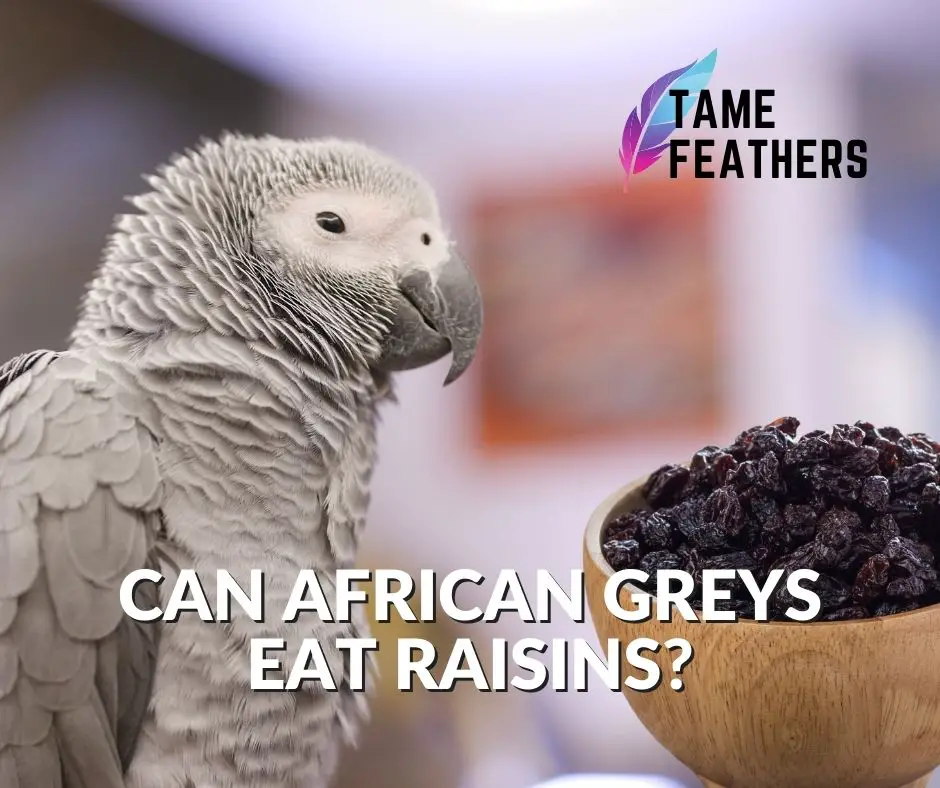Feeding Ducks a Balanced Diet
Ducks, just like humans, need a balanced diet to maintain their health and vitality. This includes consuming an appropriate variety of nutrients such as proteins, carbohydrates, vitamins, and minerals. In the wild, ducks consume a diverse range of foods including aquatic plants, insects, small fish and amphibians. However, when it comes to domesticated or even wild ducks that are fed by humans in parks or ponds, many people struggle to provide them with the right balance of nutrients.
It’s common for well-meaning individuals to provide ducks with bread products as a treat. Unfortunately, this can lead to nutritional imbalances and health issues among these birds. Bread is high in carbohydrates but low in essential nutrients that ducks need. As a result of this misinformation and lack of knowledge on proper duck nutrition practices among the general public, questions are often raised about what exactly constitutes a healthy snack for our feathered friends.
One food item that has piqued the curiosity of duck enthusiasts is grapes – can ducks indulge in grapes without any harm? In this blog post we’ll dive deep into this tasty truth!
The Importance of Moderation in Duck Feeding
When offering any type of food to ducks—whether it’s pellets specially designed for them or various fruits and vegetables—it’s vital to practice moderation. Overfeeding ducks can result in obesity or malnutrition if they’re not provided with sufficient variety and proper portions.
Just like humans, excess weight can put significant stress on various bodily systems within waterfowl such as their cardiovascular system resulting in heart disease or reducing immune system function thus increasing susceptibility to infections.
This underscores how essential it is for those feeding ducks—whether these are pets or wild ones frequenting local ponds—to strike an optimal balance between providing nourishment without causing harm.
Grapes as a Nutritional Source for Ducks
Now, let’s discuss whether grapes have a place in ducks’ diets. As fruits go, grapes do provide some nutritional value. Packed with vitamins such as C and K, they also offer minerals like potassium and manganese in smaller amounts.
Grapes contain natural sugars called fructose, which can serve as an energy source for ducks when consumed appropriately. Additionally, the fibrous skin of grapes can contribute to their diet by supporting their digestive health.
However, it’s crucial to remember that these nutritional benefits must be balanced against potential hazards that come with feeding excess sugar or improperly preparing the fruit for consumption.
Potential Harm from Excessive Sugar in Grapes
As mentioned earlier, the natural sugars found in grapes may pose a threat to ducks when indulged excessively. Much like bread products, an excessive intake of sugar can lead to obesity or other health issues within waterfowl populations.
In turn, the associated weight gain or malnourishment can cause other complications if left unaddressed. This is only one example of how vital it is for those feeding ducks to exercise moderation and balance when providing various foods.
Properly Preparing Grapes for Safe Consumption by Ducks
In addition to considering the potential harm from excessive sugar intake, it’s crucial to properly prepare grapes before offering them as snacks for ducks. One key aspect is ensuring that these fruits are effectively cleaned prior to feeding them – doing so helps remove harmful pesticides and bacteria that might be present on grape surfaces. Although this step applies universally across any fresh produce provided, it bears emphasizing given how critical it is for duck health.
Another essential factor involves removing any stems or leaves attached to grape clusters before giving them out – these elements may contain substances that could irritate a duck’s digestive system if ingested. Lastly, it’s highly recommended to slice grapes into smaller pieces before feeding them to ducks. This is an essential precautionary measure to minimize the risk of choking hazards.
Recognizing and Avoiding Grape Seeds as Choking Hazards
Speaking of choking hazards, offering seedless grape varieties is one way to mitigate this risk. Some grape types contain seeds, often hard in texture, that can pose a danger if consumed by ducks. Seeds might obstruct their airways or become lodged within their digestive tract.
As such, investing in seedless grapes or meticulously removing any seeds present prior to feeding plays a significant role in ensuring the safety of our waterfowl friends as they gobble down these sweet treats.
While grapes have been established as a viable and potentially nutritious snack option for ducks when properly prepared and served in moderation, it’s worth noting that there are various other fruits and vegetables also deemed suitable for these creatures.
Some other excellent options include chopped greens (e.g., kale or lettuce), peas, corn kernels (defrosted), oats or barley. Remember that providing diversity within their dietary regimen promotes not only a balanced intake of necessary nutrients but also keeps these birds engaged with their food source.
In conclusion, yes- ducks can indulge in grapes as long as moderation is practiced along with proper preparation to minimize potential risks. Awareness surrounding responsible duck feeding practices is crucial since both domesticated and wild duck populations benefit from understanding how best to maintain their health through diet.
Through education, we can collectively ensure that what may begin as simple curiosity about whether these birds can consume certain treats—such as grapes—ultimately contributes towards greater knowledge sharing around proper duck nutrition. Happy duck feeding!





